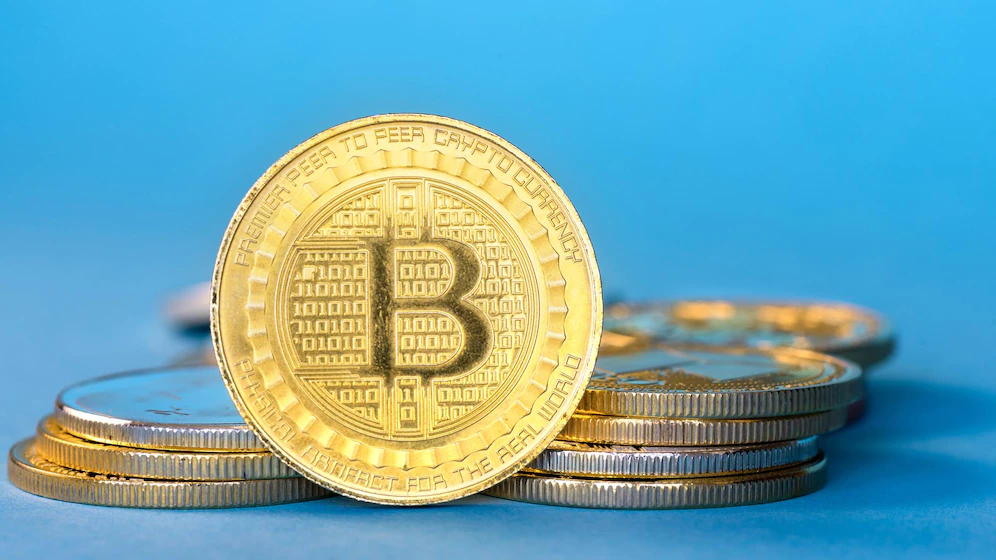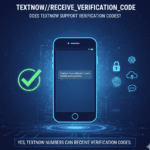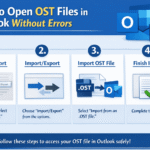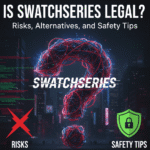You Can’t Repeat These Bitcoin Pattern Reading Mistakes
Navigating the process of buying Bitcoin in Canada requires a clear understanding of the necessary documentation. This article delves into the key documents required, ensuring compliance with Canadian regulations and facilitating a smooth transaction in the evolving world of cryptocurrency. To avoid the common pitfalls in Bitcoin pattern reading, many traders are turning to platforms like Trade Edge AI, an innovative online trading platform specifically designed for cryptocurrency, ensuring more informed and strategic trading decisions.
Bitcoin Pattern Reading
Proof of Identity: Navigating KYC Requirements

In the realm of Bitcoin purchases in Canada, one of the most critical steps is adhering to Know Your Customer (KYC) protocols. KYC is a regulatory and legal requirement for all financial institutions, including cryptocurrency exchanges. Its primary purpose is to prevent identity theft, financial fraud, money laundering, and terrorist financing. When you set out to buy Bitcoin, you will invariably encounter KYC procedures, which require you to verify your identity.
Verifying your identity typically involves providing specific documents to the cryptocurrency exchange or financial institution. The standard form of identification accepted across most platforms is a government-issued ID. This could be a passport, driver’s license, or a national identity card. These documents must be current and include a photo to ensure that the person conducting the transaction is the rightful owner of the identity.
In addition to a photo ID, some exchanges might request supplementary documents. This could include a secondary form of identification or a document that corroborates the information on the primary ID, such as a birth certificate or a Social Insurance Number (SIN) card. The exact nature of these requirements can vary depending on the exchange’s policies and the regulations they are subject to.
The process of verifying your identity for KYC purposes is generally straightforward but requires attention to detail. It is essential to provide clear, legible copies of your documents. Blurry or incomplete documents can lead to delays in the verification process or outright rejection of your application to purchase Bitcoin. Furthermore, ensure that the information on your ID matches the details you provide during the registration process. Inconsistencies, even minor ones, can raise red flags and complicate the verification process.
Navigating the KYC requirements is a mandatory step in purchasing Bitcoin in Canada. It serves as a safeguard for both the buyer and the financial institution involved. By understanding what is expected and preparing the necessary documents beforehand, you can ensure a smoother and more efficient process in your journey to acquire Bitcoin.
Address Verification Documents

When buying Bitcoin in Canada, one of the critical steps involves verifying your address. This process, integral to the KYC (Know Your Customer) requirements, ensures that the exchange or financial institution can confirm your physical location. The necessity of this step stems from the stringent regulations aimed at preventing fraudulent activities and maintaining the integrity of financial transactions.
To verify your address, you will typically need to provide a document that clearly shows both your name and your current residential address. The types of documents accepted for this purpose usually include utility bills, such as water, electricity, or gas bills, which should be recent — generally not older than three months. These documents are preferred because they are directly linked to your residence and provide reliable proof of address.
Another common form of address verification is a bank statement or a credit card statement. Similar to utility bills, these statements should be recent and contain both your name and address. They serve as a strong verification tool because they are issued by recognized financial institutions.
In some cases, a government-issued document that contains your address, such as a tax assessment, can also be used. This option, however, is less common and might not be accepted by all exchanges or financial institutions. It is always advisable to check the specific requirements of the platform you are using to buy Bitcoin.

The process of submitting these documents is usually done online through the exchange’s platform. Care should be taken to ensure that the documents are clear and legible. Any attempts to modify or obscure information on these documents are not only unethical but can also lead to legal repercussions and a ban from using the exchange.
Address verification is a mandatory step in the process of buying Bitcoin in Canada. It reinforces the safety of the transaction and adheres to regulatory standards. By understanding the types of documents accepted and preparing them in advance, you can facilitate a smoother and more efficient transaction process.
Conclusion
In conclusion, acquiring Bitcoin in Canada efficiently hinges on proper documentation and compliance with regulatory requirements. By understanding and preparing the essential documents outlined in this article, individuals can navigate the purchase process with confidence and security.

















